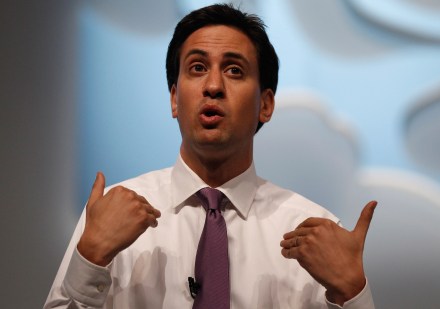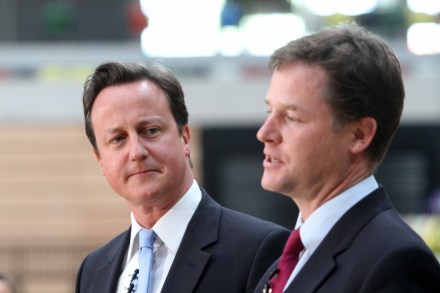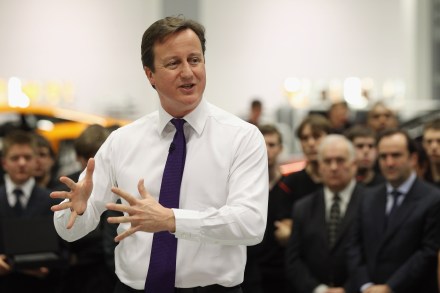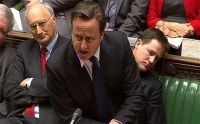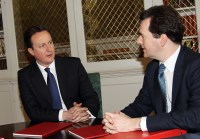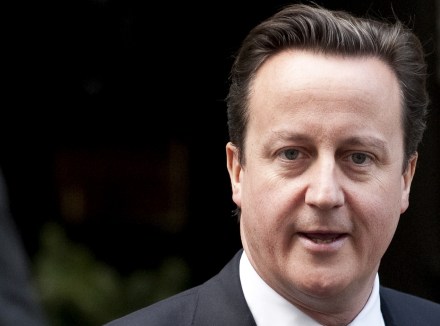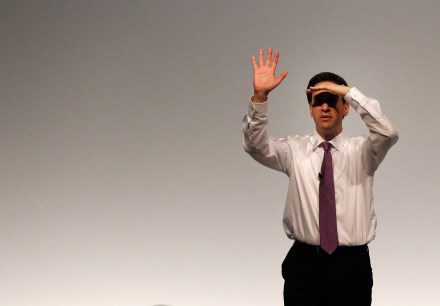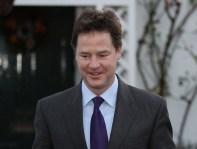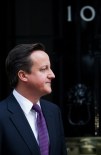Miliband is trapped in his own foggy argument
With one well-timed jab in PMQs, David Cameron turned much of this week’s political debate – in domestic terms, at least – into a debate about Ed Miliband’s leadership. And how is Miliband responding? Predictably, for the most part. His celebratory speech in Feltham and Heston this morning reduced down to the claim that the result ‘offers a verdict on the Government’s failed economic plan’. And his interview in today’s FT covers much of the same territory. But the FT interview is also revealing in one particular regard: it demonstrates, once again, how Miliband is caught in a strange, undefinable strategy somewhere between attack and defence. This was, if you
